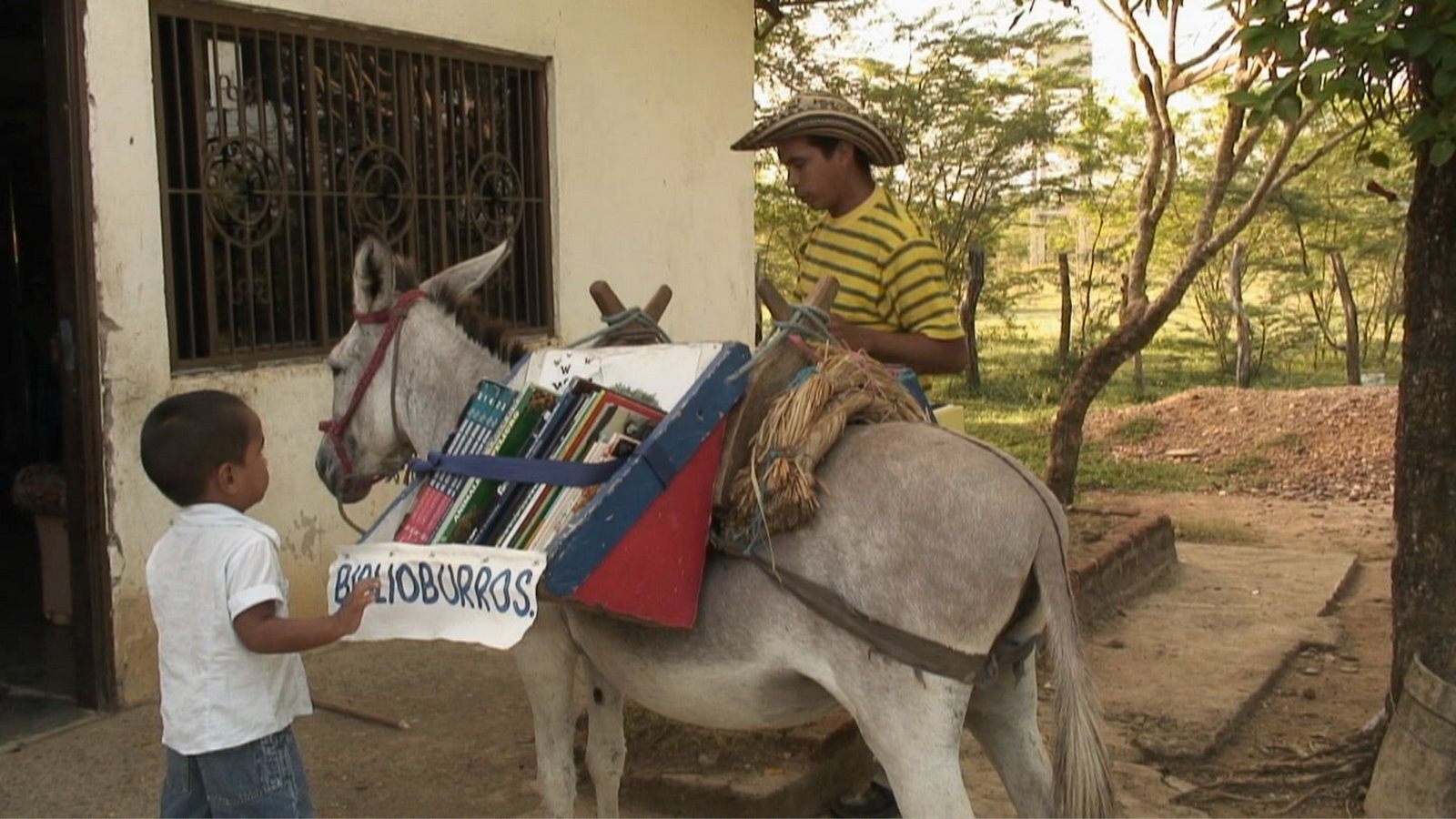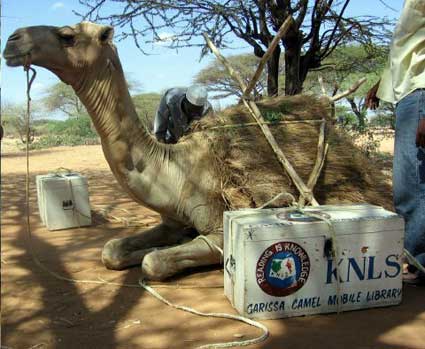"El Biblioburro" (Donkey Library) and Other Mobile Libraries
Recently, while I was traveling around the Magdalena River in Colombia, I heard a great story of how a elementary teacher of a small town was using two donkeys - Alfa (alpha) and Beto (bet) - to distribute books around the county. Luis Soriano, the creator of this mobile library, travels every weekend eight hours and up to 11 kilometers in the most remote landscapes of rural Colombia. His goal is to fight what he calls "the farmers' ignorance".
Soriano's story, which has now become a documentary, is not the only story of this kind. The history of mobile libraries goes back to the beginning of the century in countries like the US and Spain and has expanded around the world in both developed and underdeveloped countries. The methods vary from bookmobile buses to camel libraries. Although this is not as effective as electronic books, it is helping to spread knowledge and culture in places where technology and resources have not arrived.
Here are few examples of mobile libraries around the world:
Bookmobile bus, Chile
Camel library, Kenya
Bibliocarreta, Colombia
Donkey library, Zimbabwe
Bookmobile bus, Japan
![]()
Credits: Image of biblioburro, bookmobile bus and camel library from elcomentarista.blogspot.com. Image of camel library camelbookdrive.wordpress.com. Image of donkey library in Zimbabwe by rurallibrarieszim.org. Video of biblioburro, donkey library from youtube.com.Soriano's story, which has now become a documentary, is not the only story of this kind. The history of mobile libraries goes back to the beginning of the century in countries like the US and Spain and has expanded around the world in both developed and underdeveloped countries. The methods vary from bookmobile buses to camel libraries. Although this is not as effective as electronic books, it is helping to spread knowledge and culture in places where technology and resources have not arrived.
Here are few examples of mobile libraries around the world:
Bookmobile bus, Chile
Camel library, Kenya
Bibliocarreta, Colombia
Donkey library, Zimbabwe
Bookmobile bus, Japan

Link to original post








